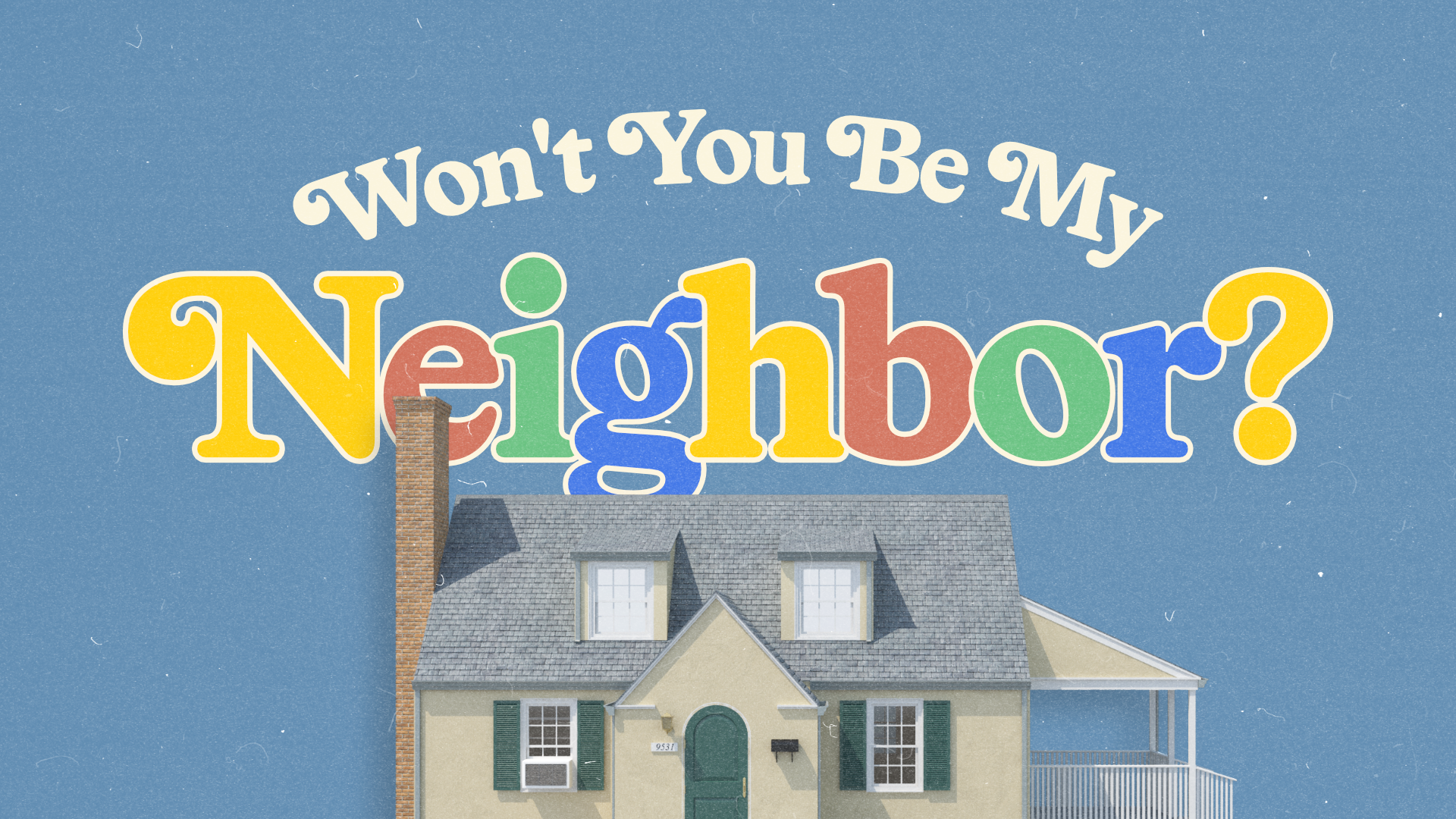WEEK FOUR: IT TAKES A VILLAGE
Last summer, we had a situation in our neighborhood where one of the older women (who was showing the early signs of dementia) walked into someone else’s home, apparently thinking it was hers. Unfortunately, no one had a way to contact her family to let them know what was going on. This prompted my wife and I to realize that we needed to get to know our neighbors better. So a couple of months later, we put together a picnic at our house and invited all of the people who live closest to us. Some came, some chose not to… but we had a great time deepening relationships with some and starting relationships with others that we had never had a connection with previously. There is now a text thread and network for our group that has already proven to be beneficial; now the whole neighborhood is looking out for each other in ways they hadn’t before, even down to messages like, “Hey I noticed you left your car door open. Did you mean to do that?” And this all grew out of just that one event!
In Luke chapter 10, Jesus is being questioned by some religious leaders about the idea of eternal life (and what they had to do to receive it). Jesus has them quote from the Law what is written as the greatest commandment: “Love the Lord your God with all your heart, and with all your soul and with all your strength and with all your mind; and love your neighbor as yourself.” (vs 27, NIV) But then the leader asks, “And who is my neighbor?” That is a great question: Who is your neighbor? From that question, we get the parable we know as The Good Samaritan, where Jesus takes the least likely person in the story to show us how we should treat the people with whom we come into contact.
So what does this mean for us when it comes to being a good neighbor? Well first of all, it means that we must take this commandment seriously and literally. We must be intentional to love God and love people. Then it means that we have to get involved: stop, pay attention, give of ourselves, go above and beyond, be willing to pay the price to help someone else. I have heard it said that you can love people without loving God, but you cannot love God without loving people. Our love for God must naturally demonstrate itself in our love and concern for people, and that should show up first in the people we are closest to (both in relationship and in proximity). Walk your neighborhood. Be in the front yard and not just the back. Stop and have a conversation with people who are out and about. Spend time getting to know someone. Imagine how our neighborhoods, communities, and cities would be different if we got involved in the lives of those around us.
